
Think Again: Are Education Programs for High Achievers Inherently Inequitable?
This brief challenges the notion that marginalized students of high ability are harmed by advanced education, with implications for better screening measures and expansion of programs.

Think Again: Are Education Programs for High Achievers Inherently Inequitable?
This brief challenges the notion that marginalized students of high ability are harmed by advanced education, with implications for better screening measures and expansion of programs.

Underachieving and Underenrolled: Chronically Low-Performing Schools in the Post-Pandemic Era
Because public school enrollment hasn't returned to pre-pandemic levels—and because underlying enrollment trends are negative—it’s likely that some public schools will need to be closed in the near future. But which schools should be considered candidates for closure?
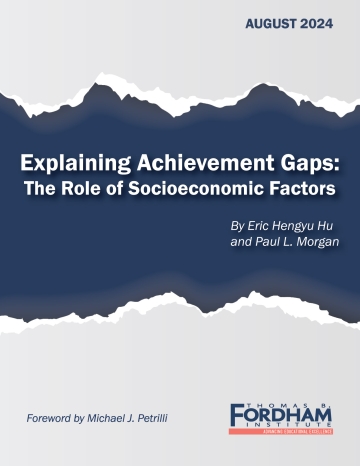
Explaining Achievement Gaps: The Role of Socioeconomic Factors
Racial achievement gaps in schools are well documented and remain a significant cause of concern in education. Troubling too is that the role of socioeconomic disparities in mediating these gaps remains unresolved.

Think Again: Should Elementary Schools Teach Reading Comprehension?
Reading comprehension depends on the acquisition of decoding, vocabulary, and knowledge, not “comprehension skills” as such. Yet the instructional practices and curricula that are the foundation for many English classrooms assume otherwise.
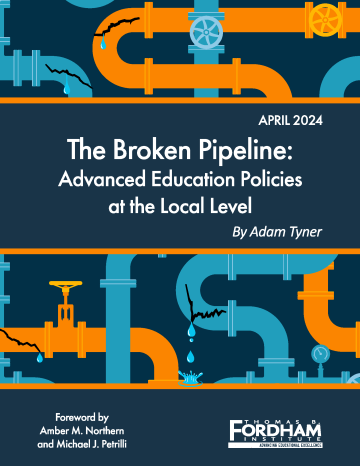
The Broken Pipeline: Advanced Education Policies at the Local Level
The state of advanced education in America’s school districts is mediocre. Most districts neglect valuable policies that could expand access and improve student outcomes, resulting in a broken pipeline in advanced education.
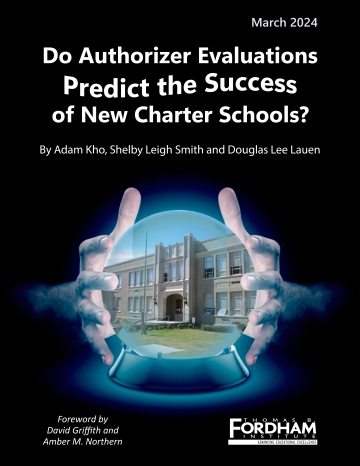
Do Authorizer Evaluations Predict the Success of New Charter Schools?
As the sector’s gatekeepers, charter school authorizers are responsible for ensuring that schools in their purview set students up for success. But can authorizers predict which schools will meet that standard?
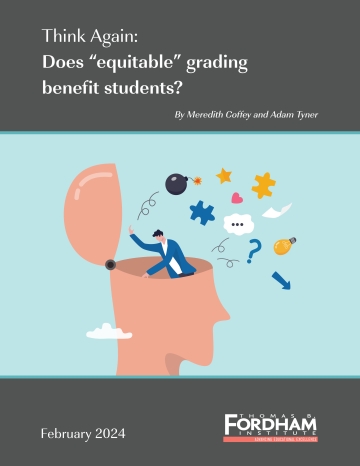
Think Again: Does "equitable" grading benefit students?
This policy brief challenges four key ideas that underpin “equity”-motivated trends in grading reforms.
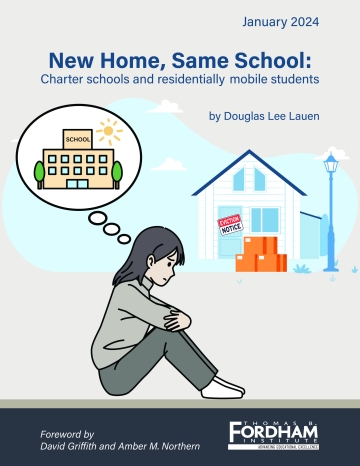
New Home, Same School: Charters and residentially mobile students
Because the housing and education markets are linked, evictions and other involuntary changes in residence often force students to change schools at a time when they are vulnerable. But is disrupting at-risk students' education in this manner necessary?
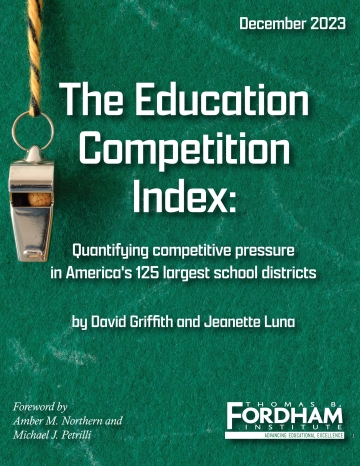
The Education Competition Index: Quantifying competitive pressure in America’s 125 largest school districts
Exposing traditional school districts to greater competition is a central goal of education reform in the United States. Yet because of the complexity of reform efforts, quantifying "competition" is challenging.
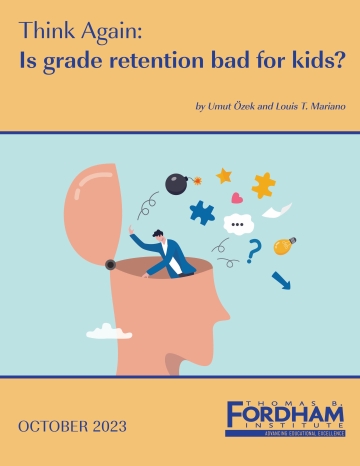
Think Again: Is grade retention bad for kids?
This brief challenges the long-held notion that grade retention is “bad for kids.”
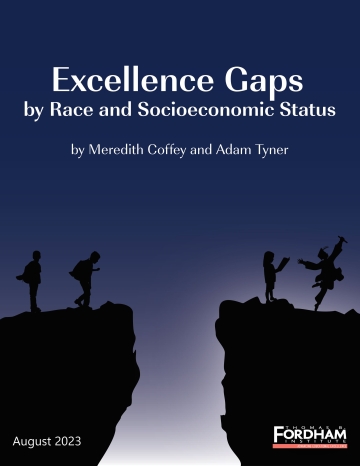
Excellence Gaps by Race and Socioeconomic Status
This study uses NAEP data on eighth graders over the last two decades to trace the performance of America’s highest-achieving students by both race/ethnicity and socioeconomic status.
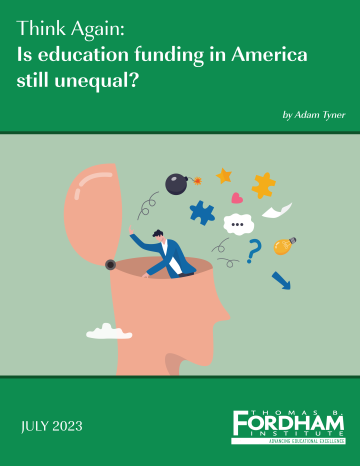
Think Again: Is education funding in America still unequal?
This brief challenges the notion that economically disadvantaged students receive less funding than other students, with implications for equalizing classroom resources and optimizing other social policies.